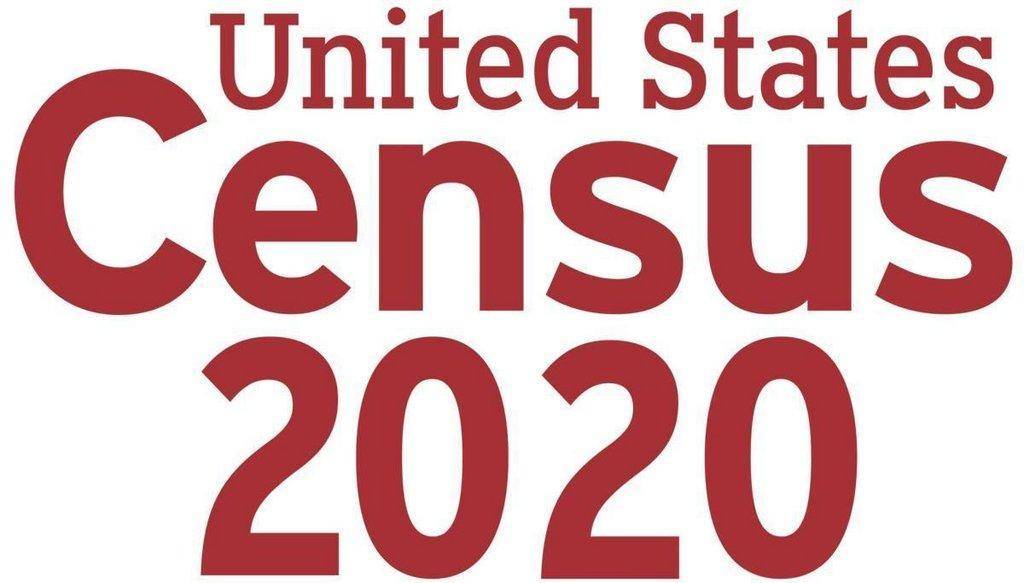Dear Savvy Senior,
Can you offer some tips to help seniors guard against census scams? With the 2020 census gearing up, I’ve read that there are a lot of potential scammers out there looking to take advantage of older people and I want to protect myself.
Cautious Judy
Dear Judy,
Unfortunately, scams have become a persistent problem when the U.S. Census Bureau does its once-a-decade count of the U.S. population. Here’s what you can expect from the 2020 Census in the coming weeks, and how you can protect yourself from potential scams.
What to Expect
In mid-March, you and nearly every other U.S. household will receive an invitation in the mail to respond to the 2020 Census. This year, you will have the option of completing the 2020 census questionnaire either online, by mail, or by phone. The invitation will include detailed instructions of what you need to do.
If you don’t respond to this invitation letter, you will receive several follow-up postcard reminders from the Census Bureau by mail. If you still don’t respond by late April, a census worker will come to your door to collect your response in person.
It only takes a few minutes to complete the census questionnaire.
While census participation is very important and required by law, you also need to be vigilant of census-linked scams. This is especially important for seniors who tend to be prime targets.
The Census Bureau warns against phishing email scams as well as con artist masquerading as census workers who will try to solicit your personal financial information. Here are some tips that can help you protect yourself.
Guard Your Information
Don’t give out your personal or financial information. The Census Bureau or a legitimate census worker will never ask for your Social Security number, bank account number, credit card number, money or donations. And they will never contact you on behalf of a political party. If you’re asked for any of these, whether it be via phone, mail, email or in person, it’s a scam and should be reported to rumors@census.gov.
Avoid Online Scams
The Census Bureau will not send you an unsolicited email to request your participation in the 2020 Census. So, ignore any emails you get that may direct you to a census website that looks real but is fake – and may be infected with malware. Also, don’t reply to the email or open any attachment because they could contain viruses that could infect your computer. Forward the email or website address to the Census Bureau at rumors@census.gov. Then delete the message.
Be Safe at Home
If someone visits your home to collect a response for the 2020 Census, make sure you verify their identity. A legitimate census taker must present a field badge that includes a photograph of themselves, a Department of Commerce watermark and an expiration date. Census workers will also be carrying a Census Bureau laptop or cellphone, as well as a bag with a Census Bureau logo.
Also, remember that a census worker will only ask you the questions that appear on the questionnaire – your name, gender, age, race, ethnicity, phone number, type of residence and number of people living with you. They will not ask for sensitive personal information, such as your Social Security or credit card number.
If you have questions about their identity, you can call 800-923-8282 to speak with a local Census Bureau representative. If it is determined that the visitor who came to your door does not work for the Census Bureau, contact your local police department.
For more information on the 2020 Census, visit 2020census.gov.
Send your senior questions to: Savvy Senior, P.O. Box 5443, Norman, OK 73070, or visit SavvySenior.org. Jim Miller is a contributor to the NBC Today show and author of “The Savvy Senior” book.

